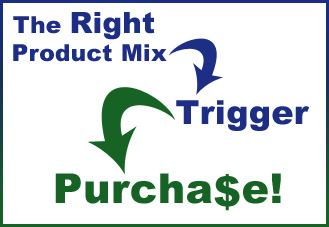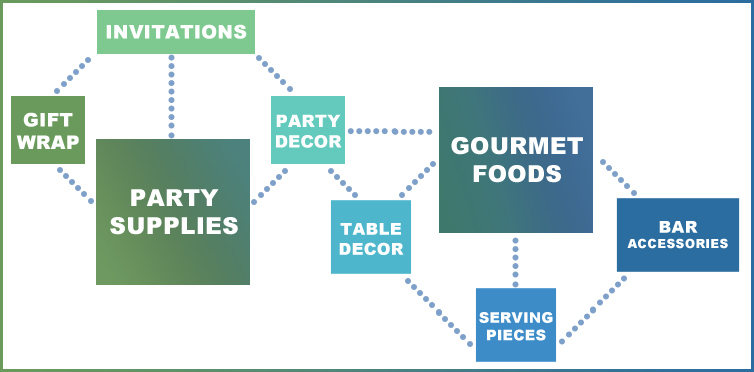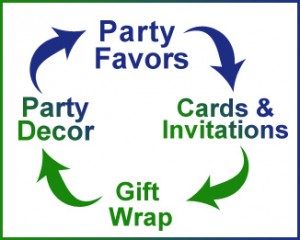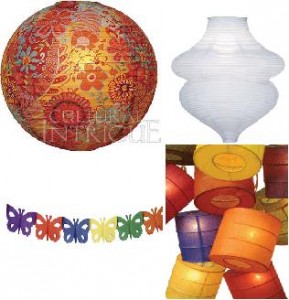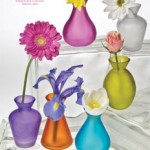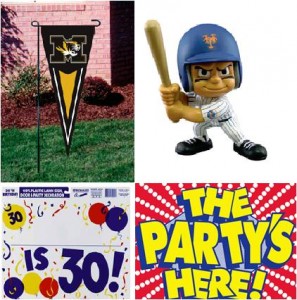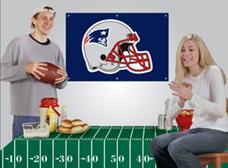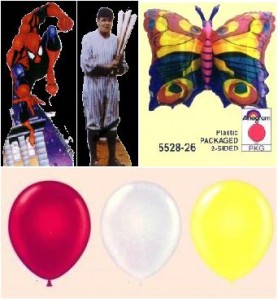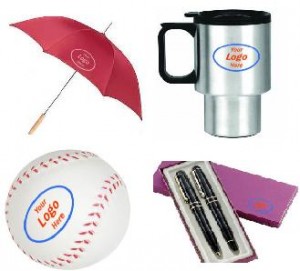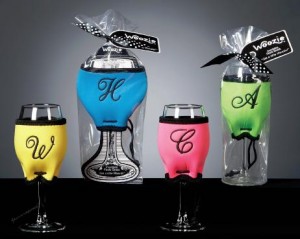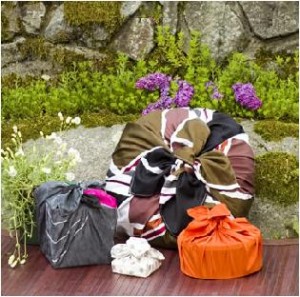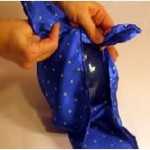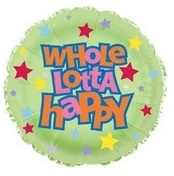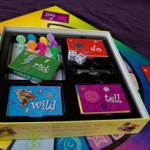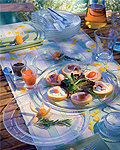Increasing market share and profits is the driving force behind every business. Developing marketing strategies and introducing new product lines will accomplish this task. Often complacency and a narrow focus keep us from effectively achieving our goal. A reminder of what can be done and how, can revitalize your marketing efforts.
Retail success happens when a customer’s attention is lead from one product to another, resulting in a multiple product purchase. Creating this environment requires two elements – the right product mix and the right trigger.
Is Your Product Mix All That It Can Be?
Every effective product mix needs a principle player, but adding a few secondary players increases the sells potential. Let take party supplies as an example of a good principle category. This sales mix includes party favors, decorations, as well as holiday and special occasion items. This mix has enough demand and appeal to attract customers planning a special event.Yet, these are not the only items party planners need. What other items are compatible with party supplies, but may have been ignored in this product mix? Weaving other lines like cards and stationery or packaging and gift wrap can fulfill a greater need for party customers. For optimal sells potential, the right mix of principal and secondary items must occur.
Triggering A Multiple Product Purchase
Fulfilling customer’s needs triggers the buying action. Envision a buying cycle where the customer comes in for favors and decorations, sees some party invitations, then notices the colorful gift wrap on display. Although the customer came in for decorations and party favors, they are leaving with invitations and gift wrap as well. Subliminally the customer has been triggered to buy all the items needed and possibly more, because of their proximity to each other.
By offering a combination of principal (focal) and secondary (collateral) items, a circular trigger is created. How does this work? Envision products in a circle, each product leading customers to the next product until they come full circle. Whether the customer comes in for party invitations, favors, decorations or gift wrap, they have the potential of leaving with all four. This same strategy can be applied to other types of products (gourmet foods and serving pieces) and customer needs (hosted dinner). An understanding of customers wants matched with the products to fulfill their needs is the foundation of this marketing strategy and the basis for the trigger.
How To Create A Buying Circle Atmosphere.
A layered, merchandising set-up will help create a buying circle atmosphere. Using your shop to its full potential by determining which naturally high-traffic areas are available. This prime display real estate will be ground zero for a principal line (party supplies). Use the areas lateral to ground zero to display secondary products (cards and stationery or gift wrapping).
Every product will be classified as focal or collateral, yet some can be both. Depending on a store’s products lines, small interconnected venues need to be created.
A horseshoe approach works well for this type of display. Place the secondary displays in a horseshoe pattern around the focal item display.As customers navigate throughout the store, their field of vision should include both types of items. Since secondary items are often compatible with many other products, you can use them to transition from one focal product to another.
Establish traffic paths that encourage customers to move from one product to another without thinking. Keeping them engaged in the “circle” is the goal. When properly displayed, these relational products will trigger a buying response. Don’t be afraid to test Continue reading “Lead Customers Into Multiple Product Purchases” »

